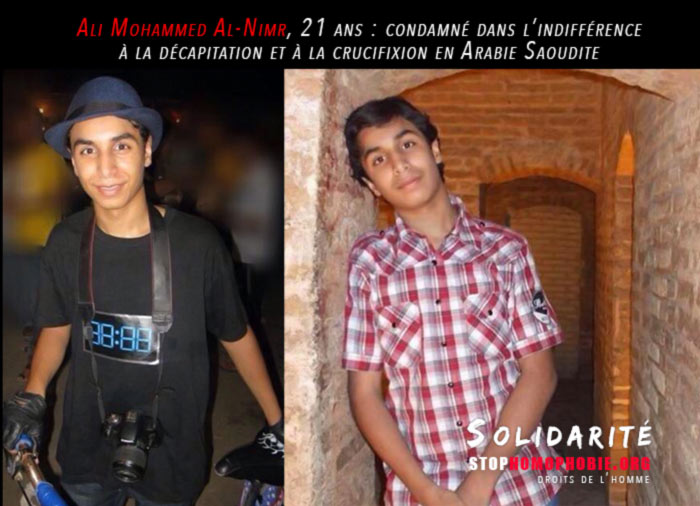En 2008, ces hôteliers avaient refusé de louer une chambre de leur d’hôtel avec un lit double à un couple d’hommes qu’ils présumaient être homosexuels.
Hazelmery et Peter Bull, respectivement âgés de 69 et 74 ans, ont assuré au fil des jugements que leur démarche n’était nullement discriminatoire, en expliquant: « nous sommes juste des chrétiens ordinaires, qui croyons en l’importance du mariage, c’est-à-dire de l’union d’un homme et d’une femme ».
« Tout ce que nous avons essayé de faire, c’est de vivre en accord avec nos valeurs, sous notre propre toit », ont-ils vainement tenté de faire valoir devant un panel de cinq juges de la cour suprême londonienne.
Les propriétaires du « B and B » de la station balnéaire de Marazion (sud-ouest de l’Angleterre) devront verser 3.600 livres (4.320 euros) de dommages et intérêts aux deux hommes à qui ils ont refusé de louer une chambre en 2008, « portant ainsi atteinte à leur dignité ».
Les hôteliers ont été financièrement soutenus par une association religieuse, le Christian Institute et ont reçu l’appui de deux évêques anglicans. Ils ont prétendu être l’objet d’une opération « orchestrée » contre eux.
>> Christian B&B Owners Peter And Hazelmary Bull ‘Find Way To Still Turn Gay Couples Away’
Christian B&B owners Peter and Hazelmary Bull believe they have found a way to keep their guesthouse open and still turn unmarried and gay couples away, despite a court ruling they should not discriminate whilst offering a service.
Their B&B, Chymorvah House in Marazion Cornwall, hit the headlines after the couple refused to let civil partners Steven Preddy and Martyn Hall stay together in their hotel, saying it was against their Christian beliefs.
The Bulls were fined £3600 in January 2011 and failed in their attempt to appeal the ruling. However in August the couple won the right to have their case heard in the Supreme Court, the highest court in Britain
The Bulls told The Cornishman (£) on Thursday they can get round equality laws legally after turning their establishment into a not-for-profit business. They said they can then specify that only people who respect their Christian beliefs can stay with them.
Mrs Bull told the newspaper: « The Christian Institute advised us on how to form a limited company, which we were able to do by stating in the articles of the company that anyone coming to stay here would be expected to abide by our Bible-based beliefs.
« When we had the trial, there were a number of local B&Bs who said, ‘we are watching this very closely because we want to be able to say no sometimes’, not necessarily to that particular group of people but just on certain occasions. »
The Christian Institute told This Is Cornwall on Thursday: « They had to find a way of still running a business so they can pay their mortgage without compromising their beliefs. »
In February 2012 appeal judges heard that the Bulls thought any sex outside marriage was a « sin », but denied they had discriminated against Mr Hall and Mr Preddy, from Bristol. James Dingemans QC, for the Bulls, said the Bulls believed that « unmarried sexual behaviour was wrong » but were not prejudiced against homosexuals.
Mr Hall and Mr Preddy argued they should have been treated like any other married couple.
While the Bull’s legal fees were funded by the Christian Institute, Mr Hall and Mr Preddy were backed by the Equality and Human Rights Commission.
After the ruling, John Wadham, the commission’s group legal director, said: « When offering a service, people cannot use their beliefs – religious or otherwise – to discriminate against others. »
Separately in October, Christian bed and breakfast owner and mother-of-four Susanne Wilkinson, was told to pay more than £3,000 in compensation to gay couple Michael Black, 64, and his partner John Morgan 59, after telling them they could not stay at her £75-a-night Swiss Bed and Breakfast in Cookham, Berkshire in March 2010.
Black and Morgan, whose case was funded by human rights group Liberty, argued it was unlawful under the Equality Act (Sexual Orientation) Regulations 2007 to discriminate on the grounds of sexual orientation


















